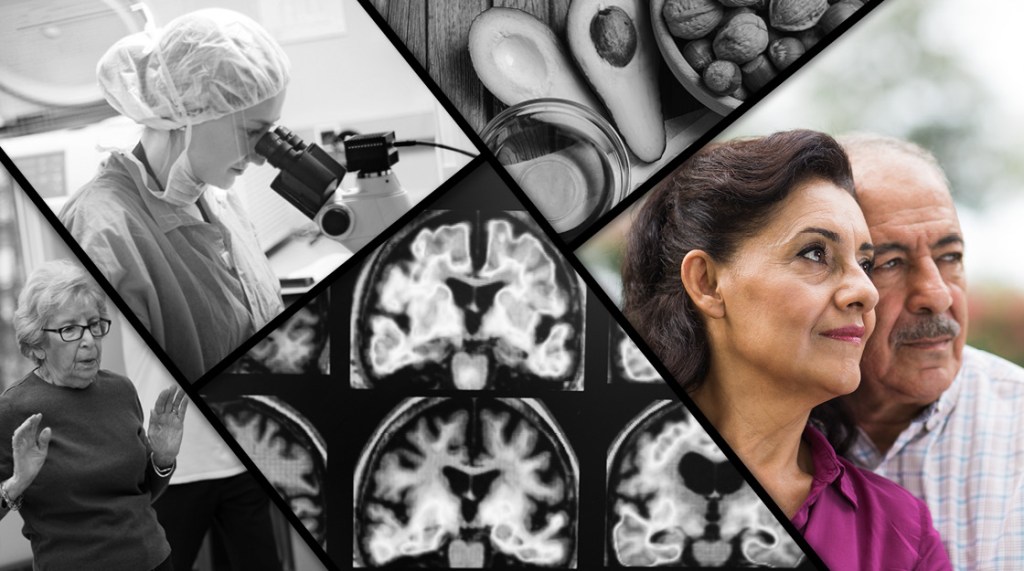Health
-

Six cancers rising faster in younger adults than older ones
Large new global study fuels growing concern over trend of increases in several types

-

What’s next for GLP-1s?
Scientists eye new treatment targets for popular weight-loss drugs, from heart failure to addiction
-

Pricey blockbuster GLP-1s are costing users — and most of the rest of us, too
Health insurers are passing along cost for coverage in form of higher rates across the board, policy researcher says
-

Drinking 2-3 cups of coffee a day tied to lower dementia risk
Caffeinated tea also found to slow cognitive decline in study

-

New AI tool predicts brain age, dementia risk, cancer survival
Unlike other AI models, BrainIAC needs limited data to ID key neurological health indicators

-

It’s time to get more comfortable with talking about dying
Palliative care physicians offer advice for end-of-life conversations between patients, loved ones
-
Digitization uncovers pre-WWII fossil loan
Digitization of Harvard’s fossil insect collection produced a surprising twist: The return to Germany of hundreds of Eocene insects frozen in amber.

-
First draft of a genome-wide cancer ‘dependency map’
Researchers have identified more than 760 genes upon which cancer cells of multiple types are strongly dependent for their growth and survival.
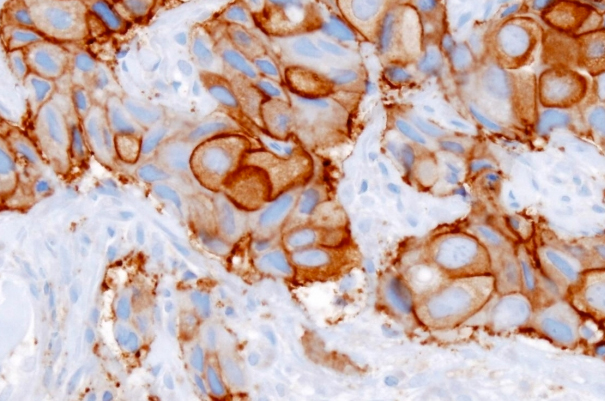
-
When brains overvalue immediate rewards
Study finds psychopaths aren’t inhuman, but have a particular kind of brain wiring dysfunction.

-
New insight on height, arthritis
New findings point to a surprising link between a genetic variant that favors shortness and an increased risk of osteoarthritis.
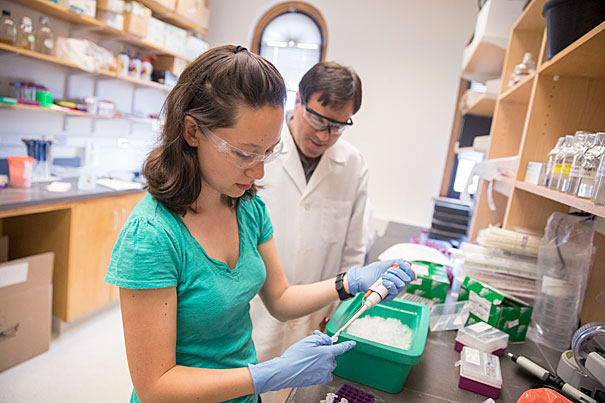
-
SEAL-tested, NASA-approved
Jonny Kim, a Harvard Medical School graduate and former Navy SEAL, has been selected to join NASA’s next astronaut class.
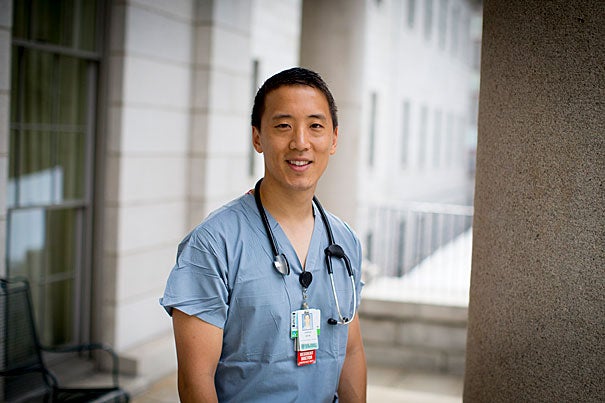
-
Finding signs of life when it matters most
An MGH study has found that the use of fMRI and EEG may provide early detection of consciousness in patients with severe traumatic brain injury.
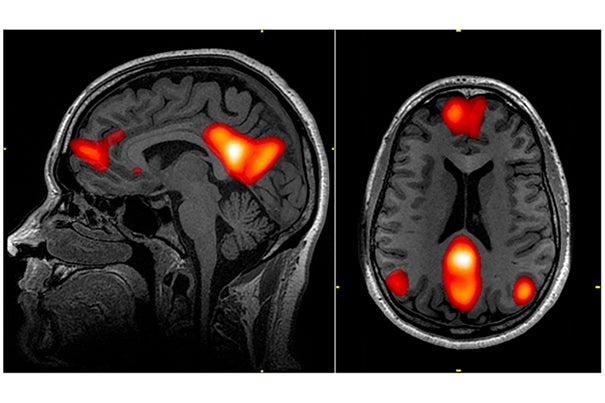
-
Making cancer vulnerable to immune attack
CRISPR-Cas9 genome editing technology revealed a promising new class of cancer immunotherapy.
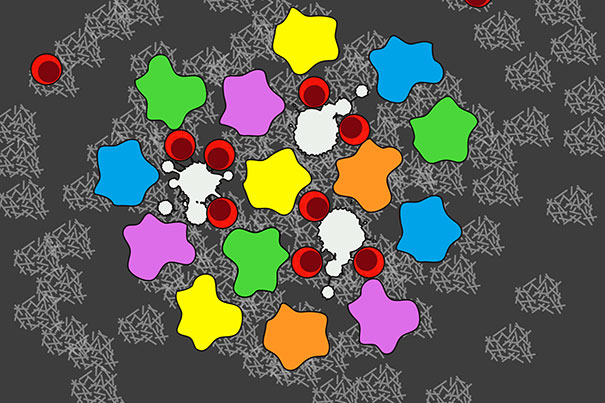
-
Older, heavier, more at risk
A new study shows weight gain during young and middle adulthood may increase risk of chronic diseases and premature death, and decrease the likelihood of achieving healthy aging.

-
Understanding how the intestine replaces and repairs itself
When working stem cells within the intestine are depleted, some types of mature cells can transform themselves into stem cells, replenishing the population.
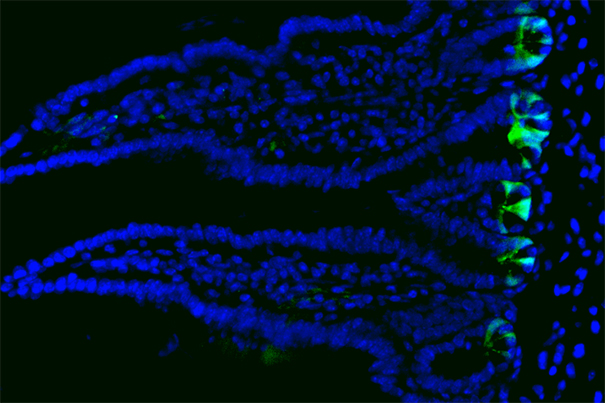
-
New approach may kill tumor cells in the brain
Harvard-based researchers have developed cancer-killing viruses that can deliver stem cells via the carotid artery, a potential treatment for tumor cells that have metastasized to the brain.
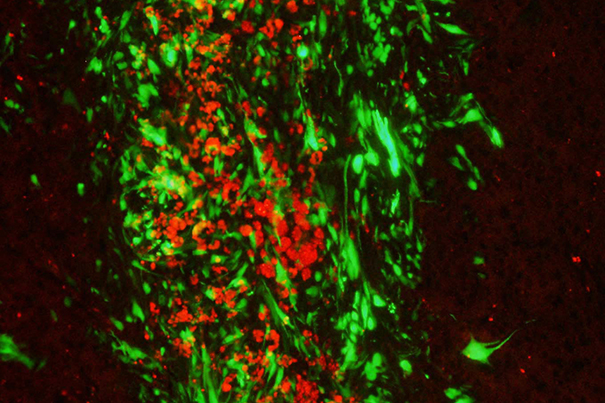
-
Satisfaction with Medicaid expansion
Enrollees in Medicaid reported in a nationwide survey that they’re largely satisfied with the health care they receive under the program, according to researchers at Harvard T.H. Chan School of Public Health.

-
Whole brain imaging
New research led by Professor Jeff Lichtman opens a path to deeper insight on brain action behind certain behaviors.
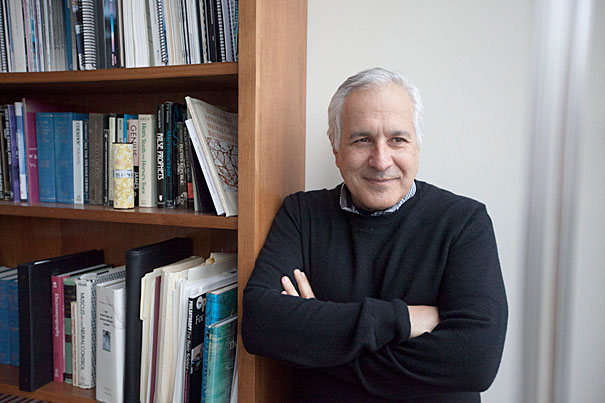
-
On Thoreau’s 200th birthday, a gift for botany
Marking Thoreau’s 200th birthday, Harvard University Herbaria will post images of more than 800 plants the author and naturalist collected, part of a larger digitization effort.
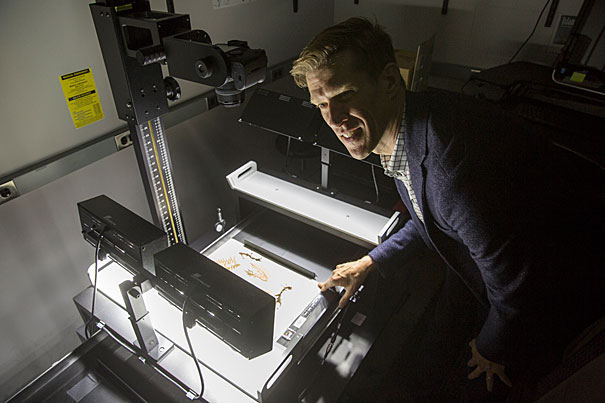
-
Probing protein diversity
A team of researchers has found that the stability plays a key role in the evolution of different protein structures.
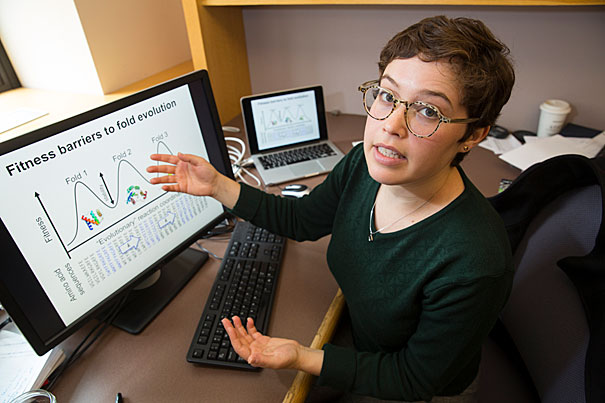
-
Rising threat: Death by fentanyl
Sarah Wakeman, an addiction specialist at Massachusetts General Hospital, discusses the role of fentanyl in the country’s opioid crisis.
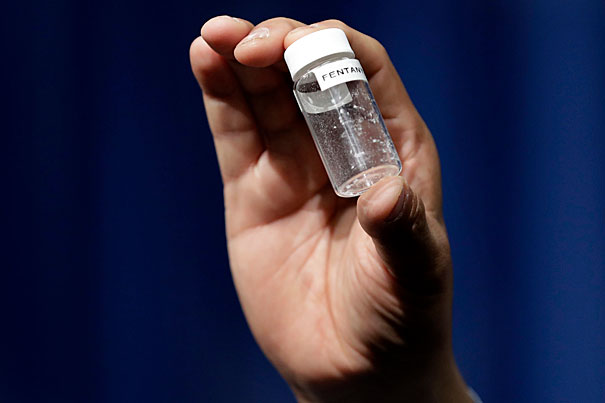
-
RNA errors linked to ALS and dementia
A new Harvard Medical School study shows how malfunctioning RNA may lead to ALS and a form of dementia.
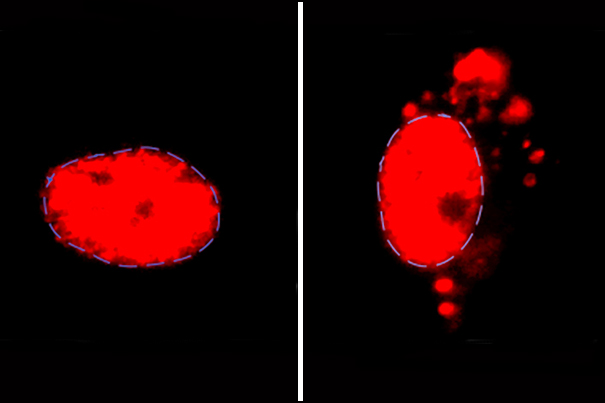
-
Tackling childhood obesity with a text message
Two interventions that link clinical care with community resources helped improve key health measures in overweight or obese children at the outset of a study, as reported in JAMA Pediatrics.

-
Nudging families away from fruit juice
Harvard-affiliated diabetes specialists are calling for fruit juice to be cut from the federal WIC supplemental nutrition program for low-income families.
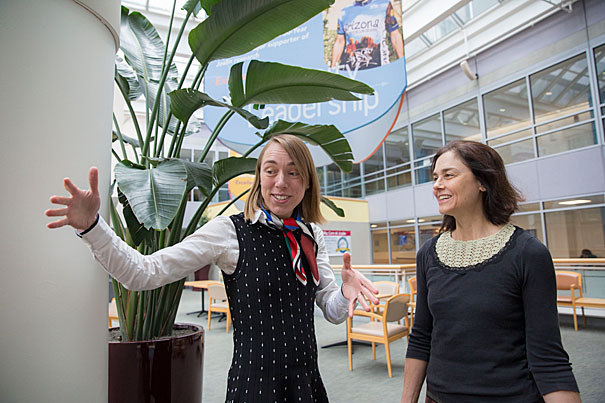
-
Closing in on a breakthrough
New findings from the lab of Harvard Medical School Dean George Daley suggest a path for creating immune-matched blood cells, derived from patients’ own cells, for treatment purposes.
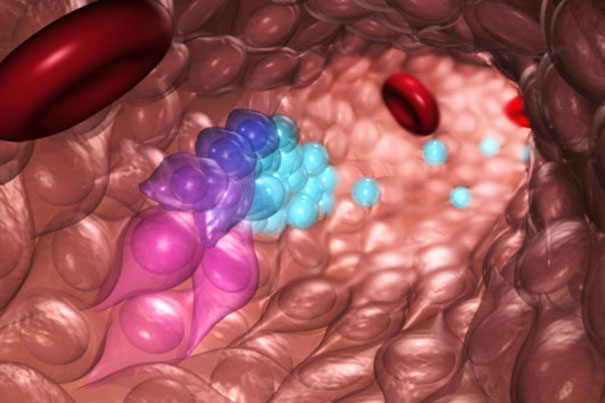
-
Probe of Alzheimer’s follows paths of infection
Starting with microbes, Harvard-MGH researchers outline a devastating chain of events
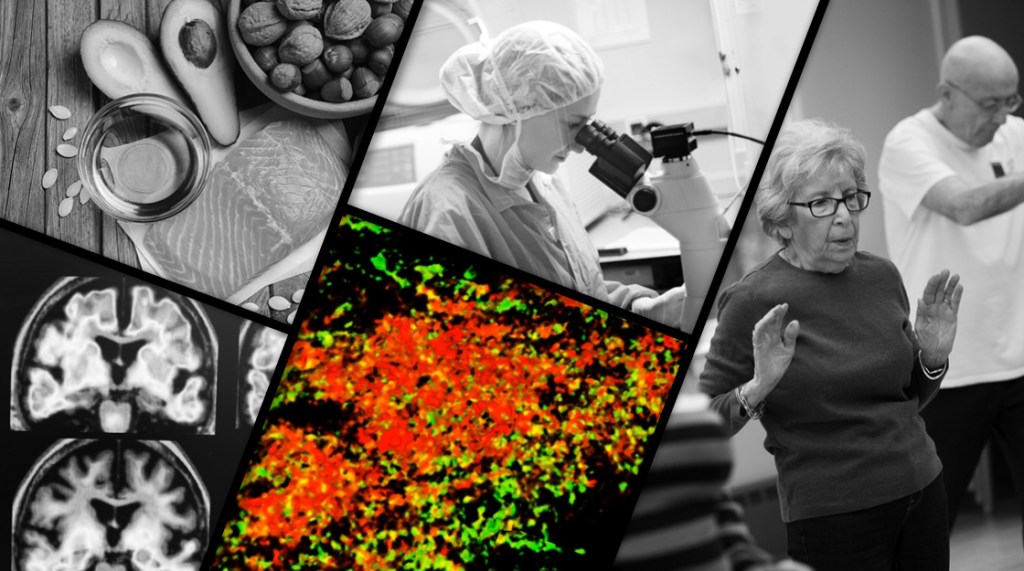
-
The power of picturing thoughts
A new Harvard study shows that people create visual images to accompany their inner speech even when they are prompted to use verbal thinking, suggesting that visual thinking is deeply ingrained in the human brain.
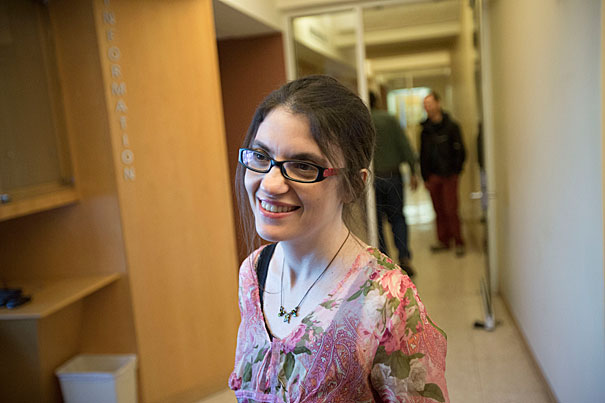
-
To age better, eat better
Much of life is beyond our control, but dining smartly can help us live healthier, longer

-
Fighting words from former EPA leader
Speaking at a Climate Week symposium, former EPA administrator Gina McCarthy urged an audience of climate scientists and health experts to speak out about climate change.
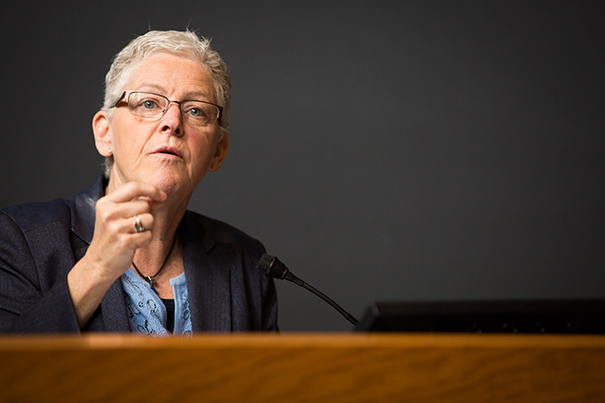
-
Study signals need to screen genes for stem cell transplants
Research suggests that genetic sequencing technologies should be used to screen for mutated cells in stem cell cultures, so they can be excluded from scientific experiments and clinical therapies.
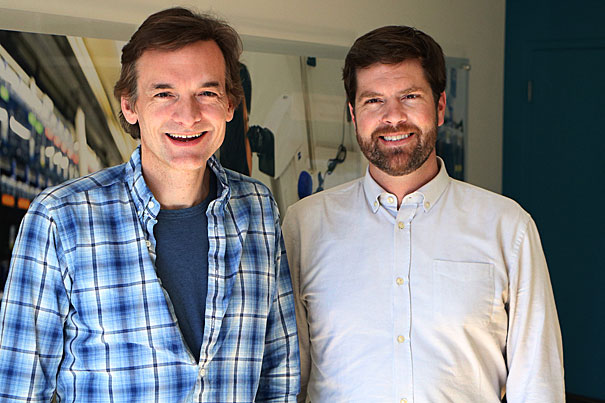
-
New vista for brain disorder research
For the first time, researchers describe the types of cells generated in brain organoids, networks of nerve cells, and show the greater diversity, complexity, and response to stimulation developed for nine months and longer.
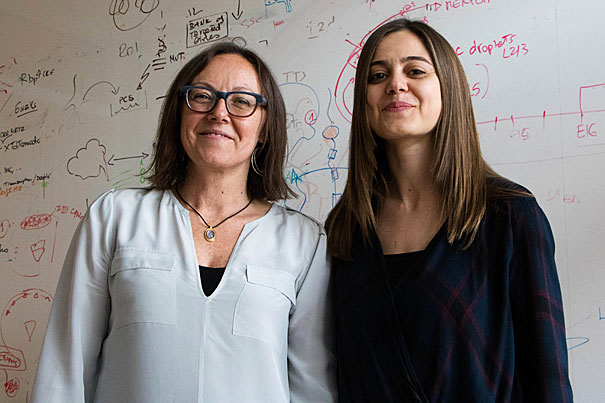
-
The balance in healthy aging
To grow old well requires minimizing accidents, such as falling, as well as ailments
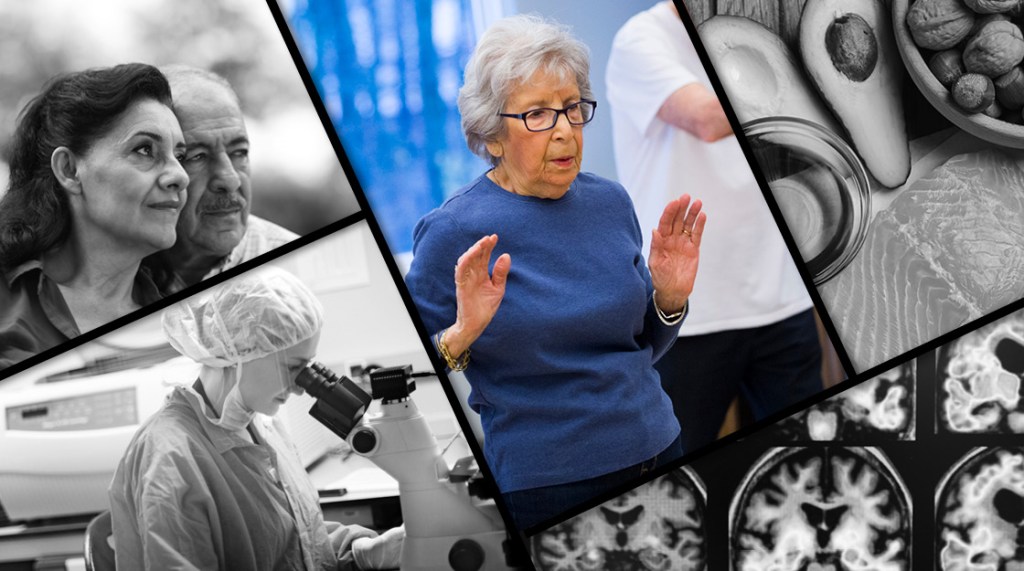
-
Mom, dad set in their ways? Maybe it’s not their fault
Research led by Hopi Hoekstra breaks new ground by uncovering links between the activity of specific genes and parenting differences across species

-
How old can we get? It might be written in stem cells
No clock, no crystal ball, but lots of excitement — and ambition — among Harvard scientists
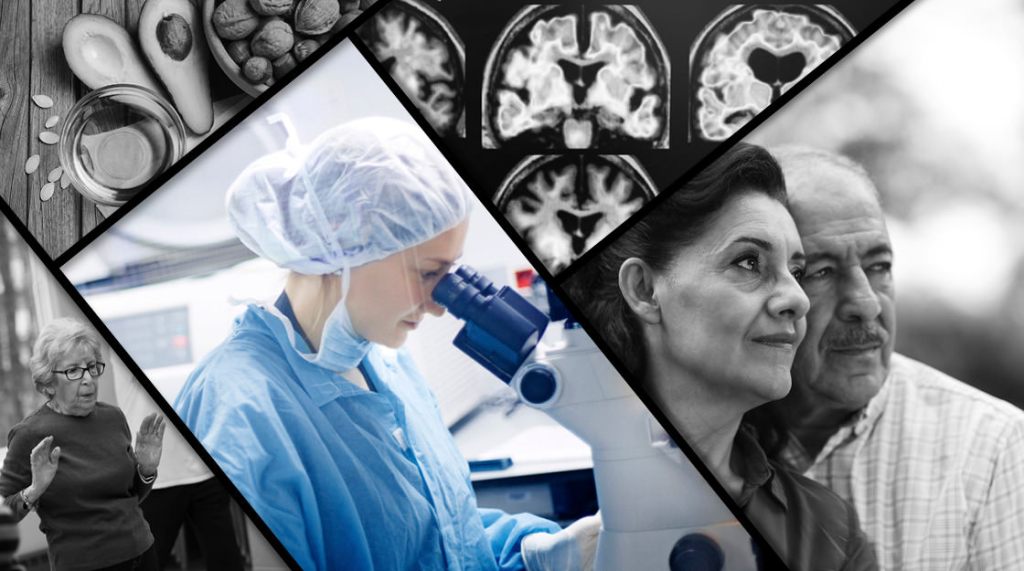
-
Compound protects nerve cells targeted by diseases
Harvard researchers have identified a compound that helps protect the cells destroyed by spinal muscular atrophy, the most frequent fatal genetic disease of young children.
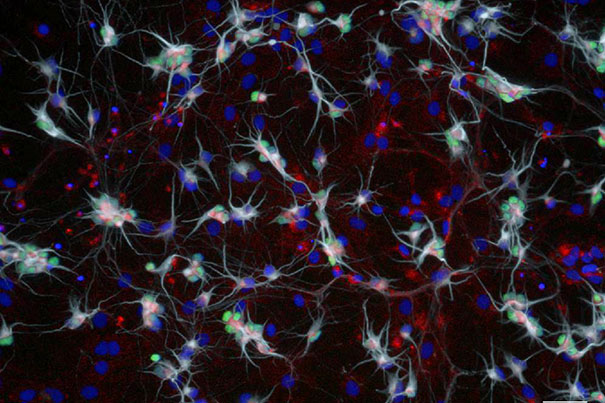
-
Good genes are nice, but joy is better
Harvard study, almost 80 years old, has proved that embracing community helps us live longer, and be happier
